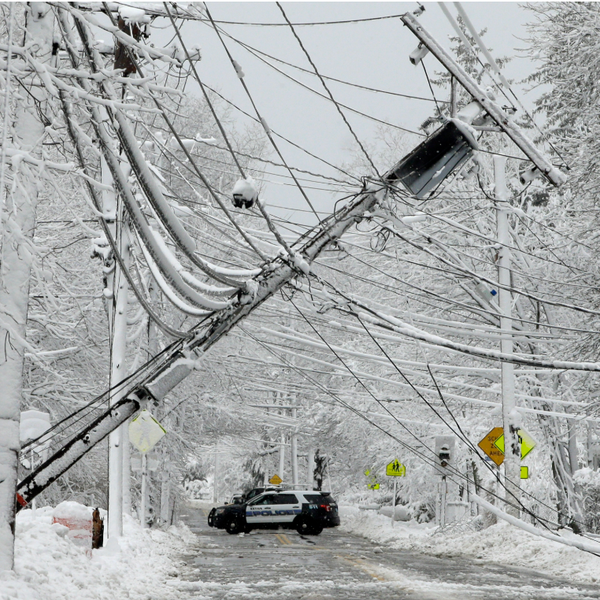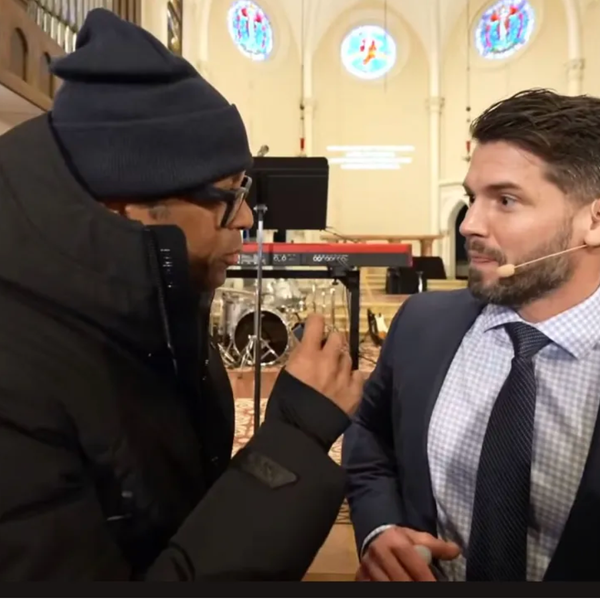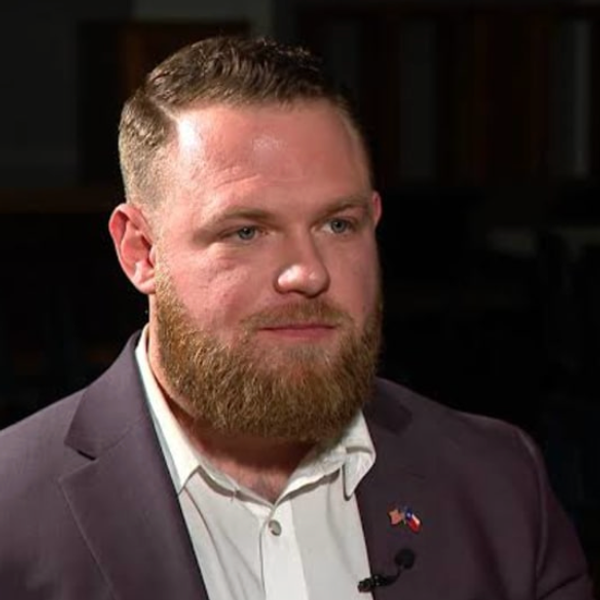Why Trump's 'Erratic' Move Against Iran's Nuclear Proliferation Will Backfire
President Donald Trump says he's bombing Iranian sites to deter nuclear proliferation, but Washington Monthly writer Matthew Cooper says Trump’s chaotic behavior is giving non-nuclear nations more reason than ever to develop their own nuclear weapons.
It’s about self-defense, says Cooper, citing a recent report by Stockholm International Peace Research Institute Director Dan Smith.
“[Trump’s] erratic temperament and manic ability to shred once sacred alliances have made it much more likely that Seoul, Warsaw, Taipei, or even Berlin and Tokyo will want to consider spinning centrifuges,” said Cooper, arguing that the only thing keeping some nations from going nuclear for decades was the protection the U.S. provided them up until Trump.
“Can anyone count on the American nuclear umbrella when the president … seems more likely than not to jettison NATO? French President Emmanuel Macron has not only returned to Gaullist ideas of French nuclear independence …but has also offered to bring other European nations under Paris’s nuclear protection. In the United Kingdom, Prime Minister Keir Starmer has made similar moves.”
Cooper said “they would be foolish not to” with Trump in office, and that only goes for our allies. Our enemies have even more reason to enrich uranium, and quickly.
“If you’re Nicolas Máduro, the Venezuelan strongman, and the U.S. has vowed regime change and told the U.S. Supreme Court that your country is currently invading America thus allowing mass deportations … how would you assess the situation in Iran this week and the events of last 25 years?”
“The lesson for 21st-century dictators like Máduro is that you can be invaded/thrown out of power if you do not have a nuke,” Cooper said. “… the calculus of risk and reward has made nukes seem more attractive.”
Other, more prosperous nations, like Taiwan and South Korea can’t count on the same White House that is seemingly willing to jettison its promise to protect allies like Ukraine.
“Will Trump keep American forces on the Korean peninsula, where they have provided a nuclear tripwire for more than 70 years?” asked Cooper. “Will the new center-right government in Seoul be able to rely on it, or will it want its own deterrent?”
Cooper said there’s no way to know right now what was “buried or unleashed by Sunday’s American bombing of Fordow, Natanz, and other Iranian sites, except sadly, a growing desire in many of the world’s capitals for a nuke of one’s own.”
Read the full Washington Monthly report at this link.
Reprinted with permission from Alternet












